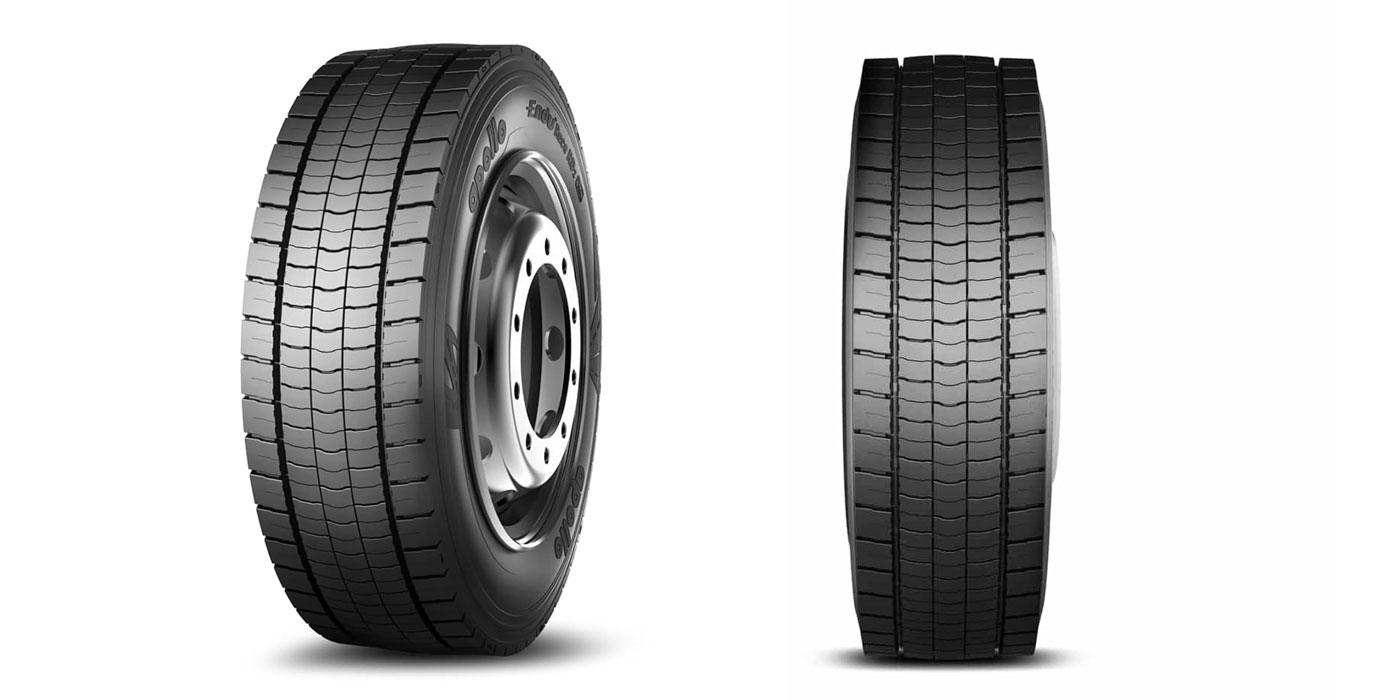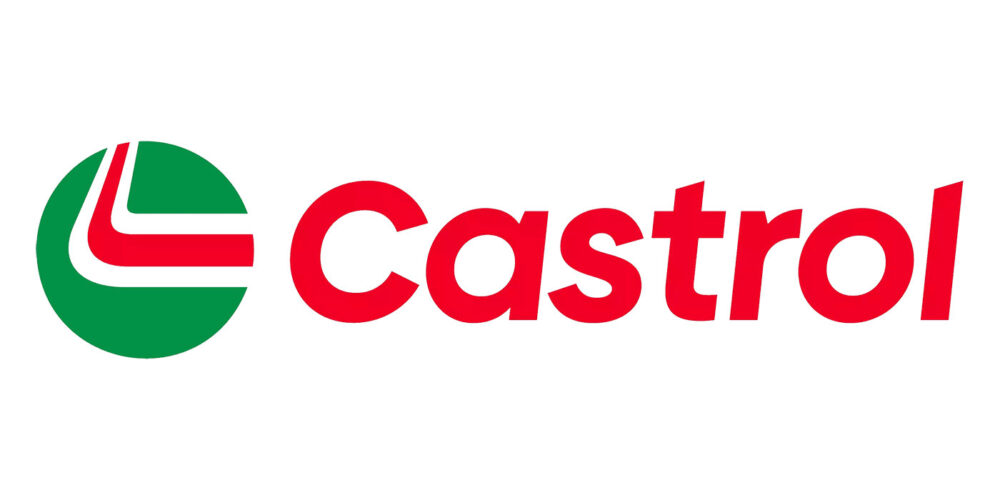I predicted diesel fuel prices would increase significantly in the near future, but who knew they would increase this quickly? Ultra low sulfur diesel (ULSD) fuel prices have increased at least 20% in the last few weeks. They could easily skyrocket before summer.
How can the world’s crude oil market can be so heavily influenced by Libya’s mere 1.6 million barrel per day output? At least four factors make Libya’s current uprising influence world crude prices.
First, Libya’s crude oil is “sweet,” or low-sulfur crude. Sweet crude requires less refining than high-sulfur (“sour”) crude to produce suitable products. Increased worldwide demand for ULSD fuels and higher quality base oils for the latest generation lube oils has resulted in significantly increased demand (and higher prices) for sweet crude oil. The supply of sweet crude oil is limited, so its cost is now as much as 50% higher than some poorer sources of crude.
Secondly, the recent upheavals in Egypt and Libya cause speculators to consider what could happen. Although the U.S. has slowly increased the importation of Canadian crude oil, we still get at least 25% of our crude from the Middle East (primarily Kuwait, Saudi Arabia and the United Arab Emirates). What if the people in the majority of the Middle Eastern countries all revolt at once? This possibility is so frightening to oil producers and marketers that the Saudi Arabian monarch recently gave money (a bribe?) to the commoners.
Third, the Middle East is no longer the sole property of the developed nations. The crude oil demands of China and India have placed them in direct competition with Europe and United States. I don’t suppose those corporations outsourcing their manufacturing to China to reduce costs and avoid restrictive regulations saw that one coming.
Finally, the reduction in the value of the U.S. dollar also serves to increase crude oil prices. Around the world crude oil is priced in U.S. dollars, because we were the oil exploration and production pioneers. As the dollar falls in value against other currencies, the price of crude oil increases.
On the plus side of the equation, North Americans have become sensitized to the need to reduce our dependence on Middle Eastern crude. Researchers and product developers are investigating alternate fuels and improving fuel economy as rapidly as possible. Considerable research has also enabled oil producers to extract “difficult” crude oil deposits from underground.
But we must remember that the world population of current technology vehicles is millions of units. It will take decades before all of the older technology vehicles are out of the vehicle population.
BP recently predicted that by 2030, the three major sources of world energy (coal, gas and oil) will each account for 25% to 30% of our total energy consumption. The three minor sources of world energy (hydroelectric, nuclear and renewable sources) will each account for between 5% and 7% of our usage. As hard as we may try, it will take considerable time before alternates are a major energy player.
As I’ve said previously, the most promising technology for fuel savings for line haul trucks at this time is aerodynamic aids. Fleet operators should spend every dollar they can afford evaluating and incorporating the use of aerodynamic devices. Some maintenance practices (such as tire changing) may have to change, but the result should be well worth the effort.
Centrally fueled P&D fleets currently have a viable opportunity in natural gas. Due to new gathering techniques, the supply of natural gas is so plentiful that the price is unbelievably low. I don’t see this changing anytime soon. Since the government also issues tax credits to fleets purchasing natural gas-fueled vehicles, I think the time is right to include some natural gas-fueled (either CNG or LNG) vehicles into your fleet.













